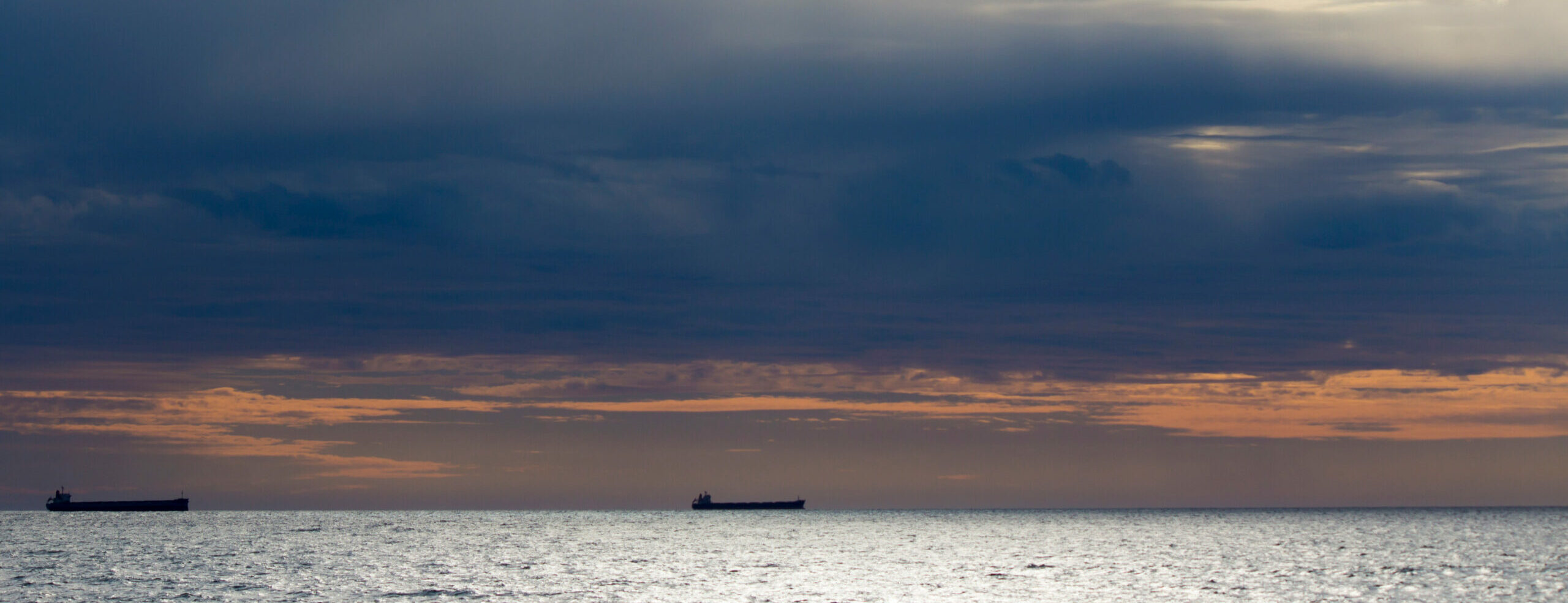“Dark fleet” STS transfers discussed at IMO
Multiple concerns have been raised at IMO meetings regarding an increase in ship-to-ship (STS) transfers at sea, in particular instances of ships using “dark operations” to hide their whereabouts. The subject was discussed at the IMO’s Legal Committee (LEG 110) in March, and again at the 80th session of the Marine Environment Protection Committee (MEPC 80) in July.
The risks highlighted include that such practices may be used to circumvent sanctions and high insurance costs. From an environmental perspective, if there is a spill, there will be no pollution prevention and the responsible parties may evade liability under relevant liability and compensation regimes. LEG 110 was informed that a fleet of between 300 and 600 tankers, primarily comprised of older ships with poor maintenance, unclear ownership and a severe lack of insurance, was currently operated as a ‘dark fleet’ or ‘shadow fleet’ to circumvent sanctions and high insurance costs.
A document submitted to MEPC 80, MEPC 80/16/4, raised awareness of these issues and proposed a draft Assembly resolution urging Member States and all relevant stakeholders to promote actions to prevent illicit operations of “dark shipping” in the maritime sector.
There was a long discussion on the subject at MEPC 80, during which shipping organisations pointed out that while there should be no furtive STS operations, distinctions need to be made between legitimate and illicit STS operations. As such, care should be taken about the term “going dark” and “dark fleet” as there can be legitimate operational reasons for AIS not working properly, or being switched off due to security concerns. AIS signals have been used by pirates to target tankers.
Following discussion, MEPC 80 agreed to forward the draft Assembly resolution set out MEPC 80/16/4 to the thirty-third session of the Assembly (A 33), together with the comments and views expressed, for further consideration with a view to finalisation and adoption. A 33 meets in late November 2023.
Member States or international organisations that have further comments or proposals in connection to this matter can submit documents to A 33 accordingly.
